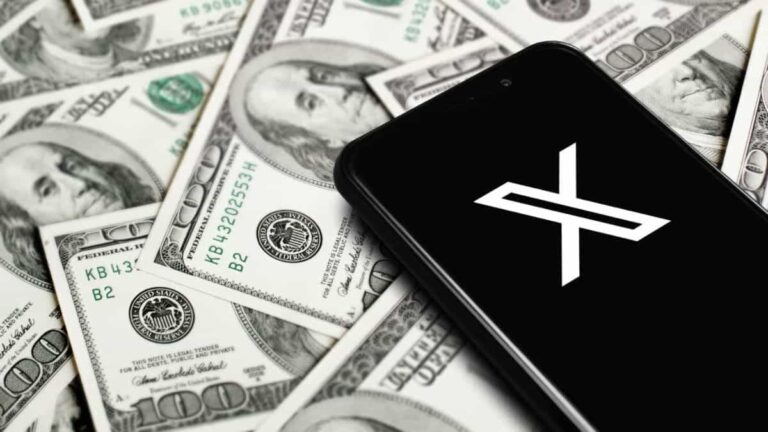When Elon Musk finalized his $44 billion purchase of Twitter, many saw it as a bold move in the social media space, especially given Twitter’s struggles to turn a consistent profit. But Musk’s vision wasn’t just about revamping a social platform—it was about reshaping the entire financial landscape. Now, with a newly announced partnership with Visa, it’s becoming clearer that Musk’s plan is much bigger than Twitter. It’s the start of a new economic reality.
A $44 Billion Play for More Than Social Media
The acquisition, valued at $54.20 per share, represented a 38% premium over Twitter’s stock price as of April 2022. On the surface, this seemed like an expensive gamble on a company that had long struggled to turn a profit. But Musk wasn’t just buying Twitter as a social media platform; he was laying the groundwork for a broader financial revolution that would reach far beyond anything traditional banks or payment systems could imagine.
In 1999, Musk co-founded X.com, an online bank that would later merge with Confinity to become PayPal. Now, over two decades later, Musk’s acquisition of Twitter aligns with a long-term vision he’s been building ever since. Musk isn’t simply bringing Twitter into the fold; he’s creating a financial ecosystem unlike any seen before.
The Rise of the “X Money Account”
Musk’s latest venture is starting to take shape through “X”—the platform that’s now set to become much more than just a social media app. After securing money transmitter licenses in 41 U.S. states and registering with FinCEN (Financial Crimes Enforcement Network), X is well-positioned to launch a new era in digital finance.
X’s partnership with Visa has major implications. Users will soon be able to:
- Move funds seamlessly between traditional bank accounts and digital wallets.
- Make instant peer-to-peer payments.
- Process payments globally.
But these features are just the beginning. With Twitter now under Musk’s control, the key to X’s success lies in its massive user base, which Musk can leverage to disrupt the financial world.
A New Social-Financial Network
X isn’t trying to replicate Venmo or Cash App. It’s building a social-financial network where every interaction has the potential to be monetized, where users can pool resources, and where creators can be paid instantly for their contributions. Imagine a world where you can buy products directly through conversations, support creators with a single click, or split bills with friends—all within a single app. And all of this will be linked to your financial profile, making decision-making faster and smarter.
A Vision of the Future: A Global Super App
Musk has a grander vision—one where X becomes the Western equivalent of WeChat, the all-in-one app that dominates daily life in China. X aims to combine everything from banking and shopping to payments, investments, and social media into a unified platform. Unlike WeChat, however, X is set to operate on a global scale, powered by Visa’s vast network, which spans over 200 countries and supports 160 currencies.
The ambition is clear: X isn’t just aiming to be another fintech app. Musk’s goal is for X to become the first truly global financial platform—one that connects people from all corners of the globe in ways traditional financial institutions can’t match.
The Price Tag: A Strategic Investment in the Future
The hefty $44 billion price tag now makes sense. Musk isn’t just acquiring a struggling social media platform; he’s investing in the infrastructure for a financial system that will reshape the way people interact with money. This system isn’t built on banking branches or traditional financial institutions. It’s built on social connections, digital interactions, and global reach.
Traditional banks should be on alert. X is not merely creating a new bank or payment system—it’s fundamentally reimagining how people will engage with money in the digital age. With hundreds of millions of users already onboard, Musk is positioning X to be a cornerstone of the future financial ecosystem.
A Financial Revolution is Here
As Musk pushes forward with his vision, it’s clear that the future of finance won’t be defined by traditional banks. Instead, it will be shaped by platforms that understand how people interact in the digital world—platforms that combine social connections with financial tools. X isn’t just aiming to be your bank; it wants to be your entire financial world.
The partnership with Visa is crucial. It’s not just about payments. It’s about creating a new financial system for the digital age—one that’s social, global, and instant. This is a financial revolution in the making.
For investors, this is more than just an opportunity to capitalize on a shifting market. It’s about understanding that the old ways of investing are becoming obsolete. As Musk’s vision continues to take shape, those who adapt early will have the advantage in this new economic reality. The revolution is here, and it’s only just beginning.

